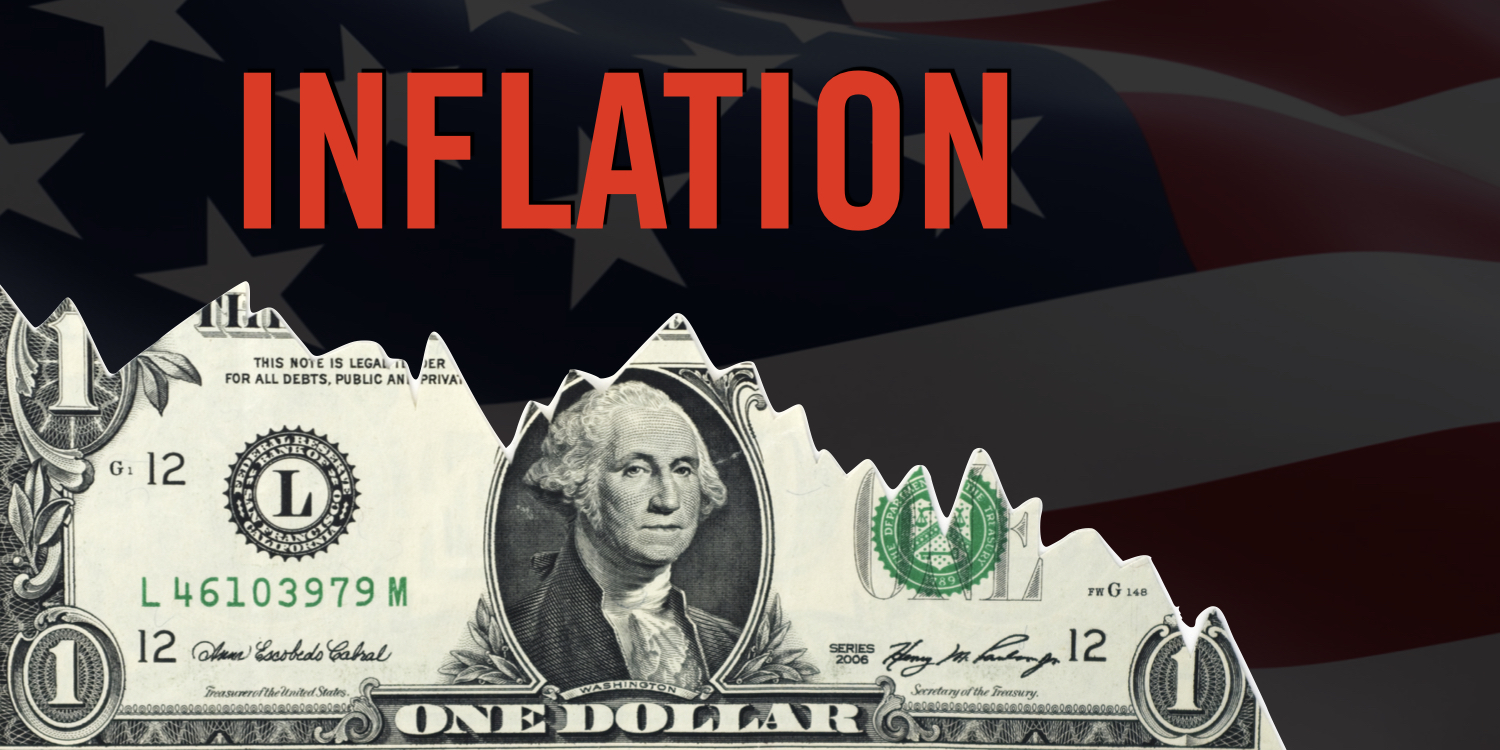By Robert Intelisano, CLU, CSA, LUTF
The Google definition of inflation is: “A general increase in prices and fall in the purchasing value of money over time. Inflation can occur when prices rise due to increases in production costs, such as raw materials and wages. A surge in demand for products and services can cause inflation as consumers are willing to pay more for the product.”
An example of inflation is the cost to cross the Marine Parkway-Gil Hodges Memorial Bridge. When the bridge opened on July 3rd, 1937, the cost to cross the bridge was between 10-15 cents, depending on the type of vehicle. The current cost is $5.09 by mail and $2.45 by E-Z Pass.
The Federal Reserve wants to keep inflation under the 2% benchmark. Right now, inflation is running around 3% which is in the danger zone. As per Barron’s, the FOMC (Federal Open Market Committee) released minutes from its June monetary policy meeting. Fed officials signaled that interest rates would rise sooner and faster than Wall Street expected prior to the meeting, as inflation is rising at its fastest pace since 2008.
What does this all mean? This means that if you are on a fixed income, your money will not go as far as it would during inflationary times. This also means, if you have investments and/or money in the bank that is “netting after-tax” less than 3%, you are losing money (purchasing power). These are important barometers that few people are paying attention to right now.
People have been cooped up (myself included) during the height of Covid-19 and many persons now have more spendable income. A combination of inflation, the Suez Canal blockage, and higher demand for travel has skyrocketed travel costs in the past month. Hotel costs in Miami Beach have risen 50% since the last week in June. Rental cars are up 110% this year and are 70% higher since the pre-pandemic in 2019. Oil prices could soon hit $100/barrel, which will also spike gas prices.
There are options where one can position assets to fight inflation or at least break even, as interest rates are likely to rise over the next 12-18 months.
-Shannon Hicks-
Now is the time to have a short conversation with potential borrowers about inflation. How is it impacting them? Does it change their retirement plans? What financial concerns do they have as a result? Inflation is not a selling point, but it’s certainly a reality. One where a reverse mortgage could potentially help.


